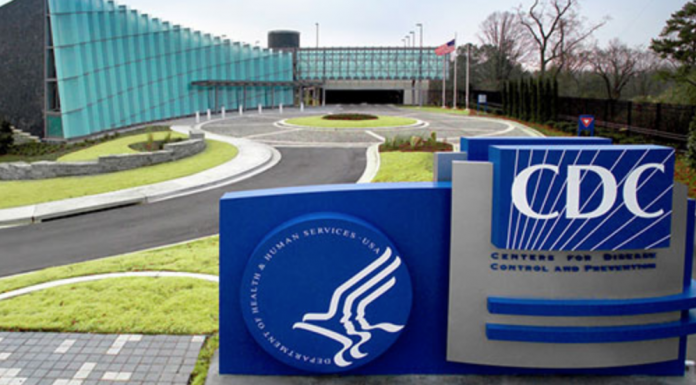THE HILL – The COVID-19 pandemic caused a surge in antibiotic-resistant “superbug” infections in hospitals, pushing back years of progress made combating antimicrobial resistance, according to a new analysis released Tuesday by the Centers for Disease Control and Prevention (CDC).
The threat of antimicrobial-resistant infections is not only still present but has gotten worse, according to the analysis.
Hospital-onset deaths and infections from antimicrobial resistant bacteria both increased at least 15 percent in 2020 compared to 2019, the report found.
The analysis highlighted seven different pathogens, including a 78 percent increase in a type of bacteria that can cause infections of the blood, urinary tract, lungs and wounds.
The U.S. health system has made a concerted effort to reduce deaths from antimicrobial-resistant infection.
Dedicated infection prevention and control efforts dropped those infections 18 percent overall and by nearly 30 percent in hospitals between 2012 and 2017, the report said.
But the pandemic has undone much of the progress as it pushed health care facilities, health departments and communities “near their breaking points in 2020,” CDC Director Rochelle Walensky wrote in the report.
In 2020, “we saw a significant increase in antimicrobial use, difficulty in following infection prevention and control guidance, and a resulting increase in healthcare-associated, antimicrobial-resistant infections in U.S. hospitals,” Walensky wrote … READ MORE.



